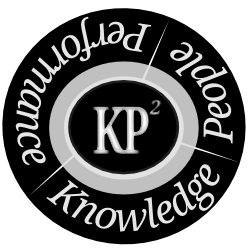My doctoral program recently turned 10. I joined the the doctoral program in Dynamic Capabilities and Relationships in 2011. The program was the reason for me to return from the UK to Germany. I was extremely excited about the opportunity. And the program did deliver: We were given absolute freedom to work independently on our research projects, had the opportunity to attend numerous research events, such as summer schools, workshops and conferences, and were supervised by experienced and well-published academics.
Shortly upon graduation from the doctoral program, in 2014, I became a Visiting Professor at McGill University in Montreal, Canada. I was privileged to spend some time with Samer Faraj’s Research Group on Complex Collaboration, whose work had strongly influenced my dissertation. In a sense, it was the culmination of my journey in the doctoral program and, of course, the foundation for my current work as a professor at Munich Business School.
To mark the 10-year anniversary, all members of the doctoral program were recently asked to write s short note of reflection. I chose to contemplate my first visit to the Academy of Management Conference, one of the world’s biggest management conferences, in the summer of 2011. (One of my key takeaways was…)
Continue reading The DCR Doctoral Program: Celebrating 10 Years
